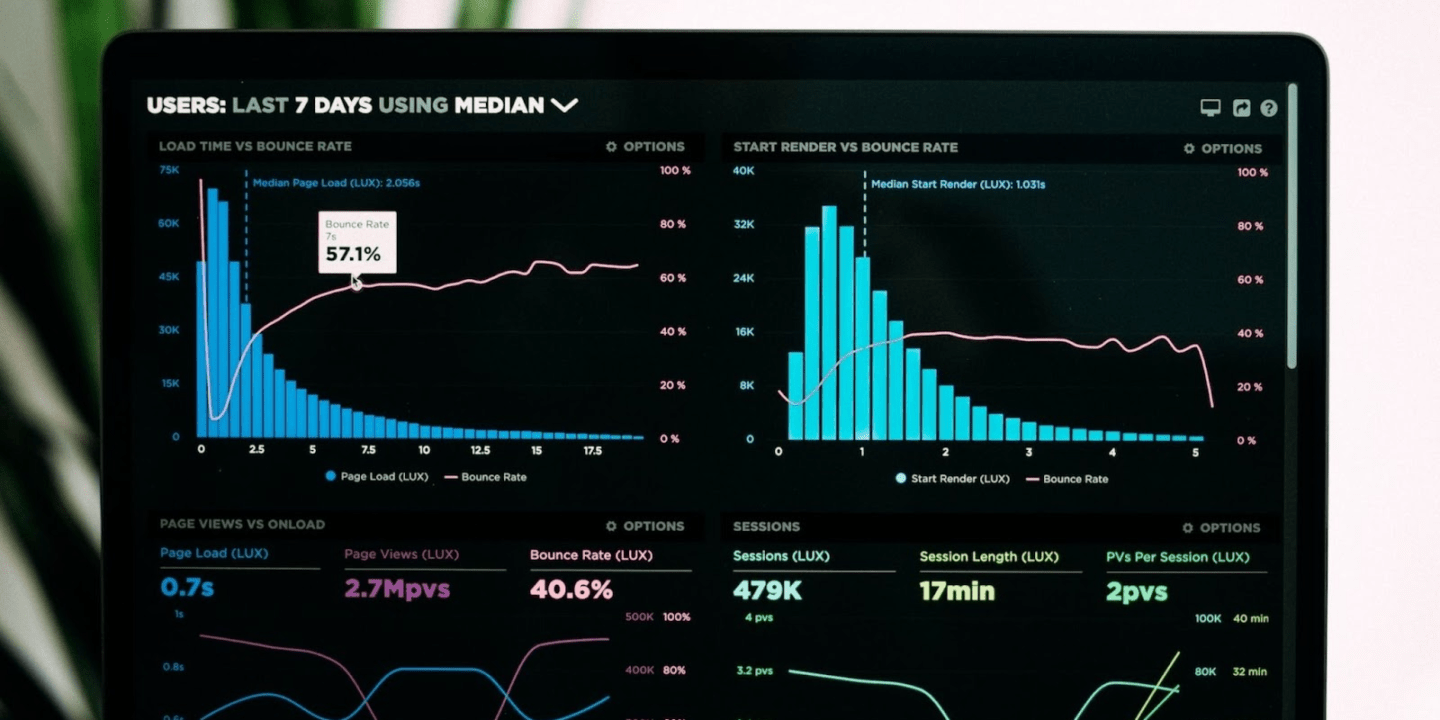
Data analytics and metric dashboards have become critical for businesses looking for trend forecasts, optimized workflow management, and data-driven decision-making. The global market for Analytics and Big Data is $274 billion (USD), with experts predicting an increase of up to $44.3 billion (USD) by 2030, with an 18.5% CAGR. Every day, organizations worldwide generate around 2.5 quintillion bytes of data.
Businesses require a dependable method for cleaning, modifying, and processing unprocessed data to extract relevant, actionable information. And that is the aspect data analytics help solve. It facilitates the analysis of raw data to conclude it.
This post highlights why businesses prioritize data analytics and why you should take advantage of it in 2023.
How Are Businesses Leveraging Data Analytics in DevOps?
With technological advancements in DevOps, organizations are now getting more results from data analytics by leveraging cutting-edge automation tools and cloud-based infrastructure. While data analytics helps companies identify where DevOps are achieving the best results, DevOps enhances the quality and increases speed and can help get advanced analytics out of data.
When you partner with a DevOps solutions and services provider, your team can run an automated service that retrieves data, transforms it, and performs data analysis.
What Are the Top Advantages of Data Analytics for Businesses?
The year has witnessed the growth of online data marketplaces, microservice design principles applied to big data, and deep automation across the whole data value stream as examples of how data analytics adds value to enterprises.
Here are the five top benefits of data analytics to businesses in 2023:
1. Boost Productivity
Efficiency is king in the modern digital economy. In fact, if you were to pick just one element that decides whether an organization succeeds or fails, efficiency would be it. And the companies that concentrate on it can improve their chances for success.
Any organization can greatly benefit from data analysis in terms of increasing efficiency across all areas of operations. Data analysis can reduce downtime by allowing for more accurate planning and efficient use of maintenance resources.
Analyzing the data makes it possible to identify which equipment fails more frequently and arrange replacement or maintenance accordingly. Supply chain monitoring can help you find bottlenecks, and optimizing your inventory management can help you save money. If these processes could be optimized, costs could be cut, output could be increased, and profits would rise accordingly.
2. Improve Decision-making
Data analytics is an effective tool for developing a corporate plan. It adds value to the existing business and assists in making better decisions. According to a survey, 49% of respondents feel analytics helps them make better decisions. It supports important strategic initiatives, according to 16% of respondents.
If you want a clearer insight into operations, consumers, and market trends, data analytics can help with that. Data analytics approaches and processes have been mechanized into mechanical methods and algorithms that work over raw data for human consumption.
It is feasible to evaluate raw data using data analytics tools to spot trends or discover revelations that will aid in decision-making to attain company success. Businesses can identify hidden patterns and trends that would otherwise be missed using traditional data analytics tools and processes.
3. Predict Your Customers’ Behavioral Changes
Customer behavior entails the stages a customer goes through before purchasing a product or service. Many factors may influence this behavior, including the customer’s social qualities and experience, culture, age, education, career, motivation, beliefs, and overall lifestyle.
A company that invests time in learning more about client behavior and forecasting it in the future might gain substantially from this effort. Customer behavior can be predicted in a variety of ways. Various primary and secondary research techniques, including surveys, interviews, focus groups, and conversational marketing, can be used to accomplish this.
You may better build products, capitalize on market opportunities, learn how pricing influences sales, and, most importantly, boost customer happiness with precise customer behavior data.
4. Enhanced Risk Management
What if you could improve your company’s chances of survival with the help of a solid risk management plan? Analyzing data can be used to predict outcomes of scenarios or reduce risk. You may track the outcomes and development of your decisions over time rather than acting and crossing your fingers.
Risks are inevitable for all businesses. However, when you know what went wrong, you can better plan for the future. While it’s impossible to eliminate the possibility of the unexpected totally, you can better prepare for it by developing a comprehensive risk plan based on analysis.
Knowing how your business is expanding and performing is essential when planning for the future and allocating resources.
5. Competitive Advantage
Do you need a streamlined approach to understanding your client’s needs and providing them with what they want? Using analytics fueled by data can help your company better understand and address the wants and demands of its clientele.
This data will help the company determine which products and services appeal to its target demographic most.
The benefits of merging data and analytics are obvious. Companies may leverage data to reduce costs and improve service levels, rethink processes, drive market strategy and performance, develop competitive differentiators, and, most importantly, provide an exceptional and personalized customer experience.
In Conclusion
Data analytics is reshaping the commercial world in a data-first business environment, and all emerging data analytics trends indicate that the global commercial world is swiftly evolving toward data-centricity.
Data analysis may help any firm enhance its efficiency in all operations. As a result, businesses seeking efficiency should commit to putting data at the center of their decision-making.







